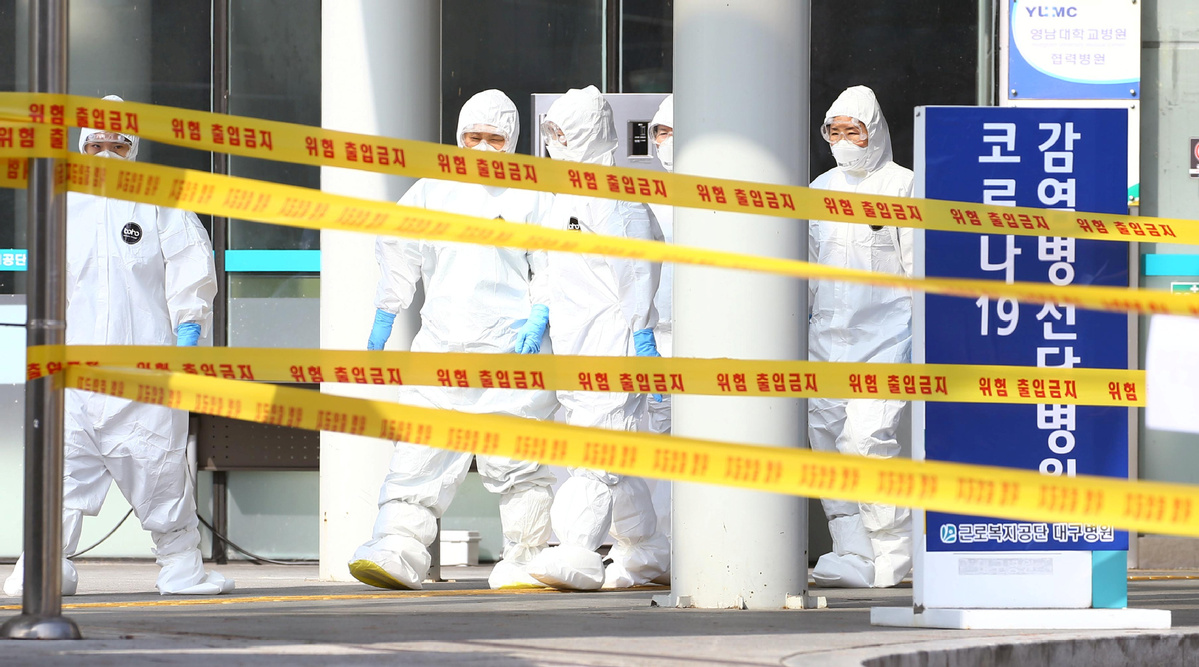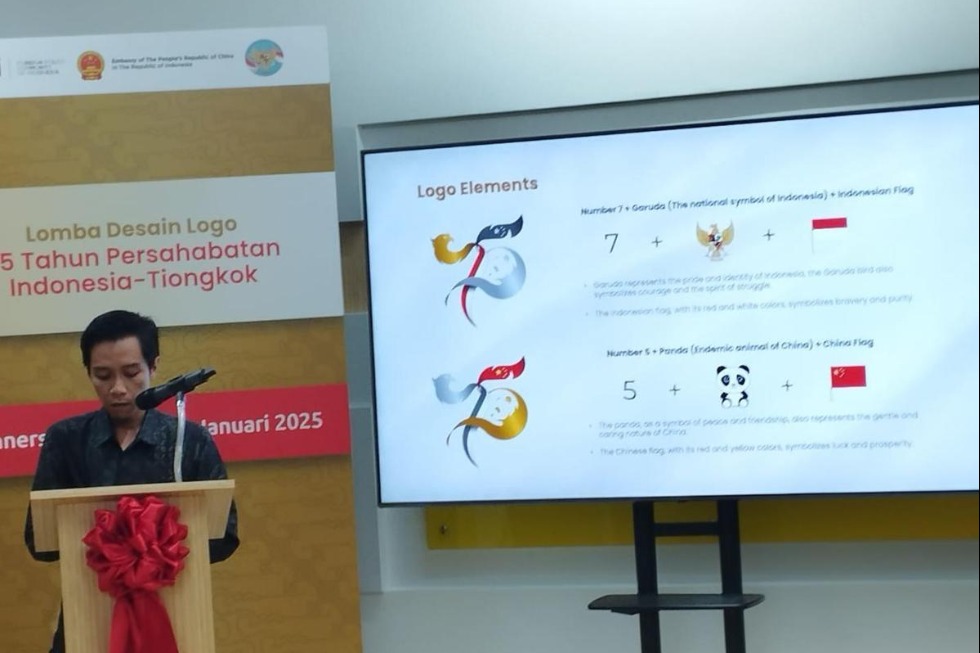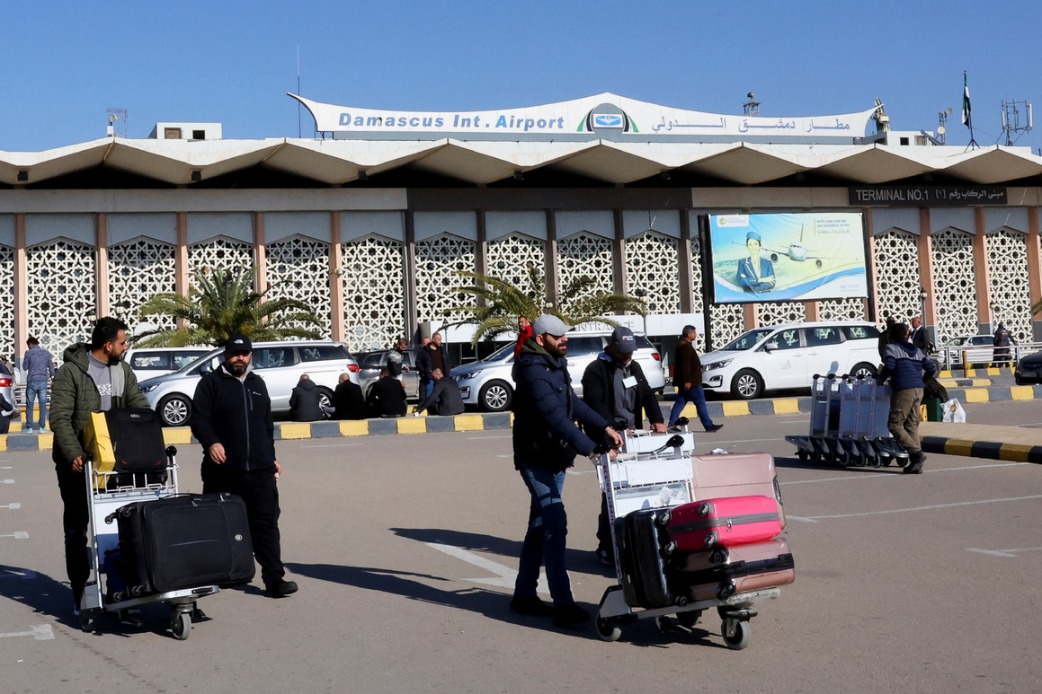S.Korea confirms 586 more cases of COVID-19, 3,736 in total


SEOUL - South Korea confirmed 586 more cases of the COVID-19 on Sunday, raising the total number of infections to 3,736, and death toll rose to 18.
As of 4:00 p.m. local time, the number of infected patients totaled 3,736, up 586 from the previous day. One more death was reported, lifting the combined death toll to 18.
Fourteen patients were in critical conditions, indicating a further increase in the death toll.
The virus infection soared in the past 11 days, with 3,119 new cases reported on Feb. 19-29. The country has raised its four-tier virus alert to the highest "red" level.
The Korea Centers for Disease Control and Prevention (KCDC) has updated the data twice a day at 10:00 a.m. and 5:00 p.m. local time.
Of the new patients, 469 were residents in Daegu, about 300 km southeast of the capital Seoul, and 67 came from its surrounding North Gyeongsang province.
The total number of infections in Daegu and North Gyeongsang province increased to 2,705 and 555 respectively.
Daegu became the epicenter of the viral spread here as the biggest cluster of mass infections was found in the city with a 2.4 million population.
The Daegu cluster was closely linked to the church services of a homegrown minor religious sect, called Sincheonji, in Daegu. As of Sunday morning, 2,113 cases, almost 60 percent of the total, were tied to the worship services.
Out of around 1,260 confirmed patients who were untraceable to the source of infection, most of the patients were believed to have been linked to the Sincheonji church services, the health authorities estimated.
The health authorities said the contagion rate was excessively high among the Sincheonji followers, estimating that close contact between them was believed to have lasted longer than expected.
The Sincheonji worship services are known for the closedness and crowdedness as the members attend the services in a closed space and sitting on the floor side by side.
The KCDC said the country's infection spread in specific clusters such as Sincheonji, noting that it will focus on the testing of the Sincheonji spread.
The health authorities completed the test on about 1,300 members of the Sincheonji Daegu branch, who developed fever and other symptoms.
Among more than 200,000 Sincheonji followers nationwide to be available on the list provided by Sincheonji to the government, nearly 9,000 followers and initiates showed infection symptoms across the country except Daegu.
The Seoul city government said more than 2,000 Sincheonji followers in the capital city were not reached or refused to be checked for the virus.
Sincheonji has been harshly criticized here as its secretive nature complicated the health authorities' epidemiological investigation.
A total of 119 cases were traced to Daenam Hospital in Cheongdo county, just south of Daegu. Test for all of about 650 patients and medical staff was completed as almost all of the patients at the hospital's psychiatric ward tested positive for the virus.
The cluster infection at the hospital was believed to have been linked to the Sincheonji sect as a number of followers attended a funeral ceremony for a brother of the Sincehonji founder.
The government has designated Daegu and Cheongdo as a "special care zone."
Since Jan. 3, the country has tested more than 98,000 people, among whom 61,825 tested negative for the COVID-19 virus and 33,360 were being checked.
Two more patients were discharged from quarantine after making full recovery, lifting the combined number to 30.

































